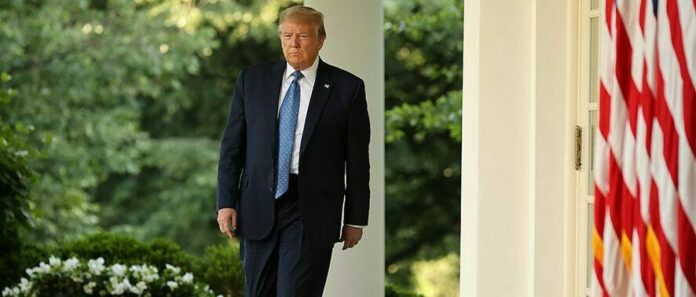President Cyril Ramaphosa has extended his congratulations to Donald Trump on his re-election as president of the US.
This move marks a notable moment in international diplomacy, underscoring the dynamic and sometimes unpredictable nature of global politics.
The South African president’s statement, delivered on Wednesday, reflects a strategic positioning in the continuously evolving relationship between South Africa and the US.
“I look forward to continuing the close and mutually beneficial partnership between our two nations across all domains of our cooperation,” Ramaphosa stated, signalling a commitment to maintaining robust ties with one of the world’s leading economic powers.
Presidency of the G20
This diplomatic overture comes as South Africa prepares for its presidency of the G20 in 2025, an influential platform that enables member countries to collaborate on global economic governance.
Ramaphosa highlighted this upcoming responsibility: “In the global arena, we look forward to our presidency of the G20 in 2025, where we will work closely with the US, who will succeed us in the G20 presidency in 2026.”
Within South Africa, Ramaphosa’s message could be seen as a pragmatic approach to ensuring ongoing economic cooperation and potential benefits for South Africa.
The US remains a significant trade partner and investor in the region, and Ramaphosa’s outreach could be interpreted as safeguarding these vital economic interests amid the political shifts in the US.
However, others in South Africa might view this congratulatory message with scepticism, considering the controversial nature of Trump’s previous presidency.
Issues such as racial tensions and Trump’s stance on climate change may cause some South Africans to question the long-term implications of aligning closely with his administration.
Ramaphosa’s challenge, therefore, lies in balancing national interests with maintaining a diplomatic stance that resonates positively with his domestic audience.
Multilateral engagement
In the US, Ramaphosa’s congratulatory statement is likely to be viewed as an affirmation of the enduring relationship between the two nations.
For Trump, who has often proclaimed his success in building international alliances, this message from a key African leader could serve to bolster his foreign policy credentials.
It underscores South Africa’s willingness to engage constructively and highlights the potential for continued cooperation on global challenges such as economic recovery and health crises.
Moreover, Ramaphosa’s emphasis on the G20 collaboration underscores a shared vision for multilateral engagement, a point that could resonate with American policymakers who recognise the importance of collective action in addressing global issues.
In navigating these complexities, Ramaphosa’s administration may choose to emphasise the pragmatic aspects of international relations, focusing on the tangible benefits of cooperation with the US while addressing domestic concerns through transparent dialogue and engagement.



